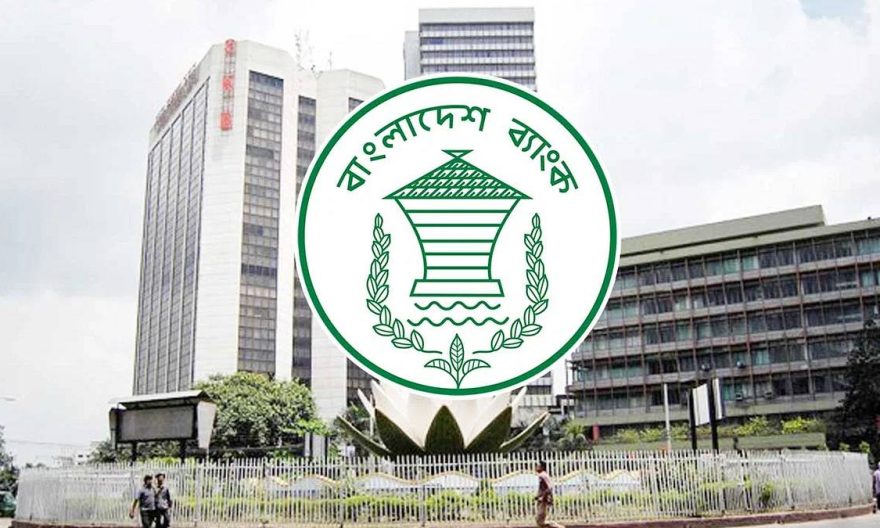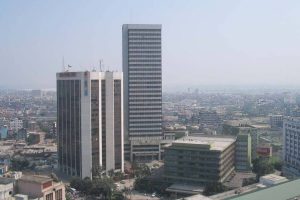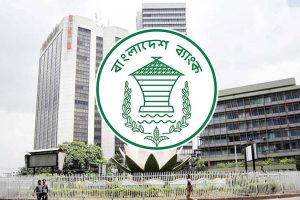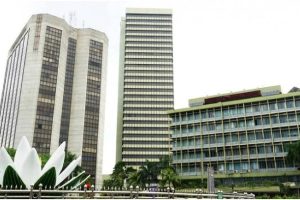
As the year concluded, Bangladesh’s central bank reported net reserves of approximately $17.7 billion in December, surpassing the International Monetary Fund’s (IMF) benchmark and positioning the country favorably for the third tranche of a $4.7 billion loan package. The IMF condition targeted a net reserve of $17.48 billion by December 2023, a goal that the central bank not only met but exceeded.
Despite facing a reserve crisis, the central bank achieved this milestone while selling a record $6.7 billion to banks during the first six months (July-December) of the fiscal year 2023-24. In the previous fiscal year, the corresponding figure was $7.8 billion. The central bank’s robust dollar sales were driven by the necessity to fulfill import obligations, particularly for daily essentials such as oil, gas, and fertilizers, while simultaneously adhering to the IMF’s reserve maintenance conditions.
During this period, the central bank also managed to purchase $1.04 billion from banks, a notable increase compared to the previous fiscal year. Despite most banks experiencing a dollar shortage, the central bank strategically acquired dollars to bolster foreign exchange reserves.
To meet the IMF net reserve calculation, the central bank excluded obligations to the Asian Clearing Union (ACU) and bills due within a year. This adjustment resulted in a $4 billion difference between gross and net reserves, reinforcing Bangladesh’s adherence to international financial standards.
The central bank’s spokesperson, Md Mezbaul Haque, emphasized their commitment to maintaining forex reserves, engaging in both dollar sales and purchases from banks. The acquisition of dollars amid a shortage involved transactions with banks facing difficulties in cash transactions, facilitating the central bank’s reserve management.
As of December 28, the central bank’s foreign exchange reserves stood at $21.7 billion based on the BPM-6 standard. Over the past three years, consistent dollar sales from reserves to commercial banks have been observed, primarily to settle import bills. The central bank’s proactive measures and strategic financial management have positioned Bangladesh favorably in international financial markets.
Amidst this, the dollar rate discrepancy in banks, where dollars are sold to the central bank at Tk110 while remittance dollars are collected at Tk109.50, raises questions. Importers, facing higher dollar rates than the declared rate, add complexity to the financial landscape. The central bank’s actions, including purchasing $200 million from Islamic Bank and an additional $100 million from various banks in late December, underscore its commitment to managing the country’s forex reserves effectively. Despite challenges, the central bank’s efforts contribute to stabilizing the financial environment and fostering economic resilience.











